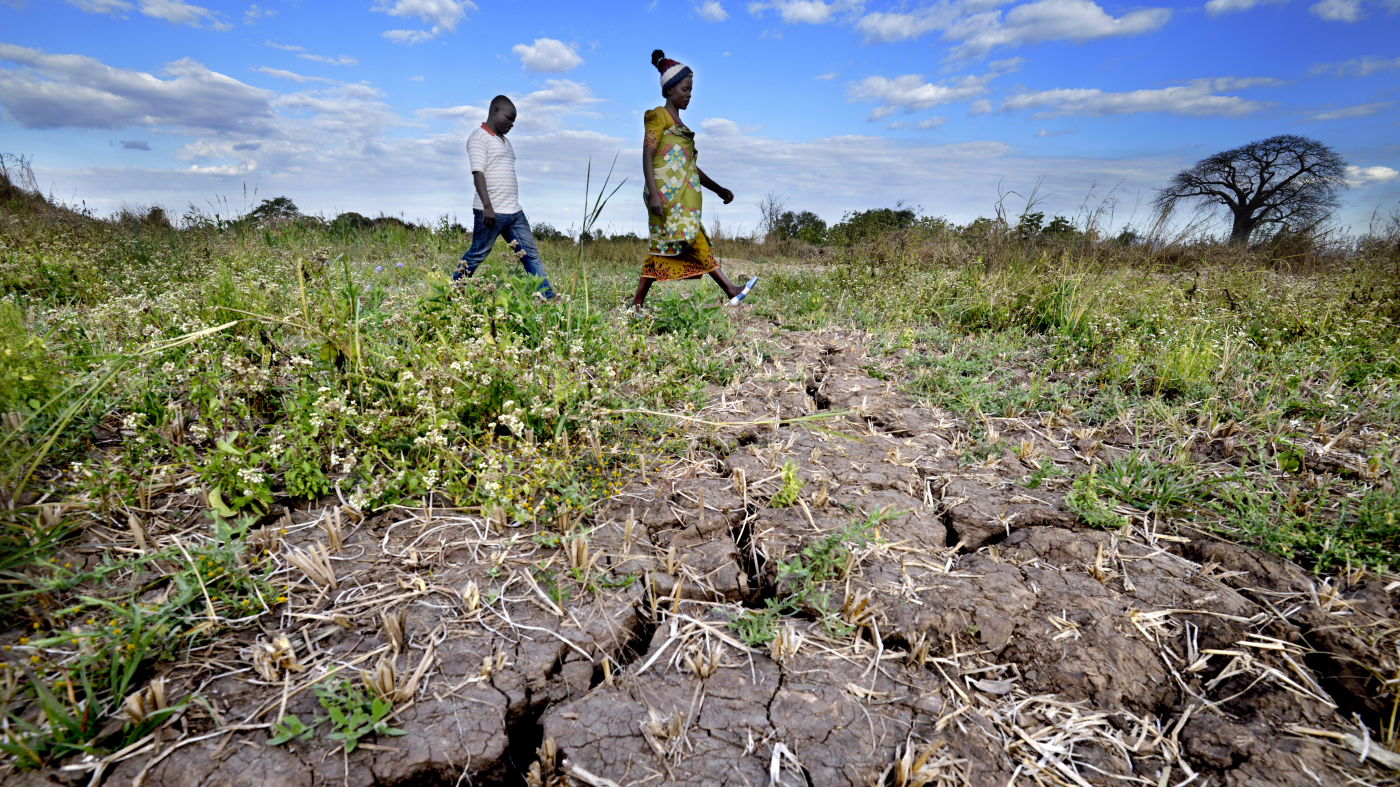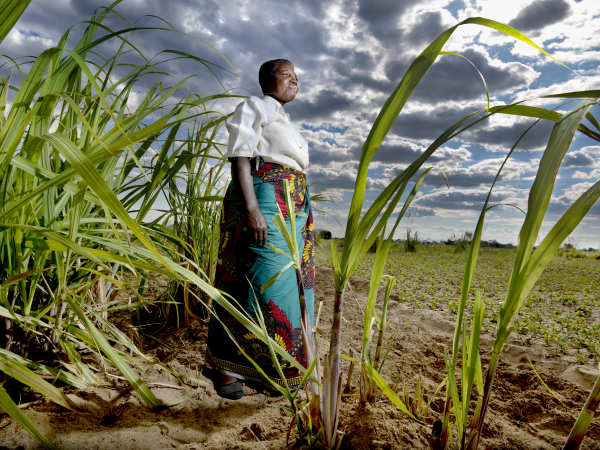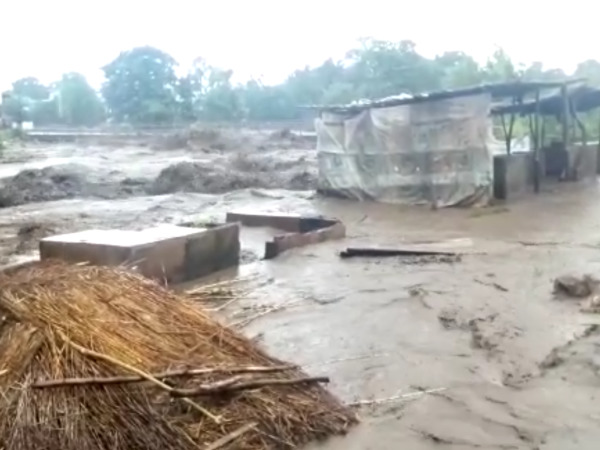Climate Impacts and Non-Economic Loss and Damage
28 April 2023

In this blog series, SCIAF Head of Advocacy Ben Wilson explores the concept of Non-Economic Loss and Damage, sharing real-world examples in countries SCIAF supports and how SCIAF is working in coalition with partners in the Global South to pressure decision-makers to take urgent action.
The ‘losses and damages’ of climate change refer to the irreversible impacts of the climate crisis which cannot or have not been avoided by reducing our emissions or adapting to global temperature increases.
Loss of resources, goods and services can be defined in economic terms - but what about loss of life, health, personal possessions and cultural heritage? This is Non-Economic Loss and Damage (NELD) - far more difficult to quantify or measure.
The climate crisis is already causing suffering to millions of people across the world. The increasing intensity of floods, droughts, heatwaves, changing rainfall patterns and cyclones are devastating lives and livelihoods - and those in the Global South who have contributed to the crisis the least are being affected the most. In recent weeks, we have seen the devastation caused by Cyclone Freddy in Mozambique and Malawi, killing hundreds and displacing thousands. In recent years, we’ve seen regions slip into a food crisis precipitated by climate change, with food prices rocketing for the poorest, and people unable to grow food for themselves and their families due to increasingly arid and infertile pastures.
This is Loss and Damage.
Loss and Damage refers to the incurred impacts of climate change, which are already happening as a result of global warming, and which have not been (or perhaps cannot be) avoided by efforts to reduce our emissions or to adapt to a warming planet. Loss and Damage has risen up the global climate agenda in recent years, especially at COP26 in Glasgow, and then at COP27 in Egypt, when a breakthrough deal was achieved to establish a fund for Loss and Damage - something developing countries have been calling for 30 years.
Crucially, Loss and Damage is also about culpability; about who pays. If someone driving erratically crashed their car into your garden wall, who do you think should pay for the repairs? If they did it deliberately, knowing the risks, knowing what impact it would have on you, and yet did it anyway - wouldn't it be right that they should fit the bill? That is what Loss and Damage is also about. Countries and corporations mostly in the Global North have been knowingly polluting the atmosphere with greenhouse gases for decades, causing extensive harm to communities, mostly in the Global South, who have the lowest carbon footprint in the world. These communities have been footing the bill for the “losses and damages” of climate change that they did not cause.
Some of these losses and damages can easily be quantified. When a road is destroyed by torrential rains and flood waters, we can calculate the rough cost of repairs. Likewise, damage to vital infrastructure such as electricity grids or water supply can be calculated, and economists can even model the knock-on effects in terms of reduced economic activity.
However, there are many impacts of climate change which cannot possibly be quantified in monetary terms. So-called “Non-Economic Loss & Damage” includes the basic needs for people to live with dignity, many of which are now being lost due to climate change, including access to health care, education, water and food, alongside precious things that are even harder to touch such as heritage, cultures, social cohesion, daily practices, identities and relationships. Whole species are threatened with extinction and human lives are already being lost.
At the UN, and across the world, there is now growing interest in Non-Economic Loss and Damage. There is a growing recognition that the new Loss and Damage Fund established at COP27 must address this issue, and that to do this, greater research and reflection is required to understand appropriate responses.
Non-Economic Loss & Damage is a clunky piece of terminology, but it touches on something very important. Fundamentally, it is about what we value as a global human family. For too long, the economic paradigm which underpins decisions of politicians and corporations across the world has only valued that which can have a price attached to it. This way of seeing the world has fuelled environmental destruction in pursuit of massive profits, a throwaway culture while millions go hungry, and an indifference towards global poverty.
As the world faces an impending climate catastrophe, one which our brothers and sisters globally are already seeing glimpses of, it is right that now we urgently reassess what has value and do all we can to preserve it. Addressing Non-Economic Loss & Damage, in a sense, can be a window into a more thorough reevaluation and recalibration of global systems that the world desperately needs.
This is part one of a series exploring the concept of non-economic loss & damage.

Read part two of the blog series - we now know lots more about Loss and Damage since COP27, but what about the people behind the headlines?

SCIAF has reacted to UN’s latest report on the devastating effect climate change is having on our planet.

SCIAF welcomed £200,000 of Scottish Government funding, following the devastating Cyclone Freddy.
Back to